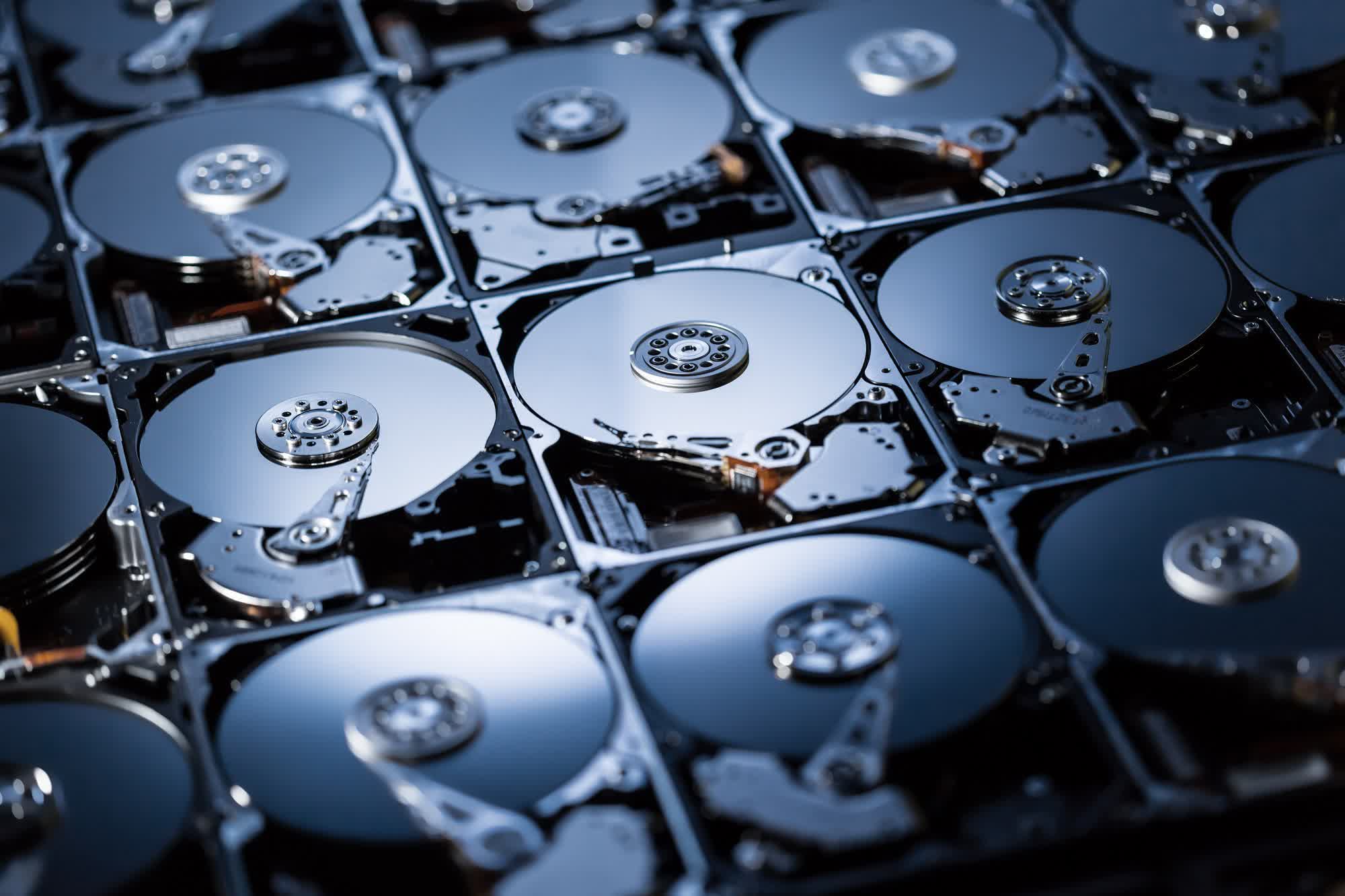A hot potato: When is a 5400 RPM drive not a 5400 RPM drive? When it comes from Western Digital, apparently. An investigation has revealed that several of the company's drives, which it calls "5400 Class," are actually rotating at 7200 RPM.

As noted by Ars Technica, this issue was first investigated by German-language forum hardwareluxx.de over a year ago. It was re-examined by redditor /u/Amaroko, who tested the drives by placing them on an empty cardboard box with a Blue Yeti mic held directly above. Spectral analysis of the audio showed these "5400 Performance Class" drives were actually spinning at 7200 RPM.
HDD spin-up frequency plots reveal if a drive is 5400 rpm or 7200 rpm
While an HDD rotating faster than advertised might appear to be a bonus, there are a few things to consider: more noise, heat, and power consumption. Ars compared the spec sheet of a "5400 RPM Class" Western Digital Red and an 8TB, 5400 RPM Seagate Barracuda, and WD's product consumes much more power while active, idle, and in standby mode.
Western Digital is no stranger to playing fast and loose with its product labeling. The company was found to be using shingled magnetic recording (SMR) technology in several of its HDD models earlier this year without informing customers. SMR tech can negatively affect performance, especially in NAS and RAID setups. As it was being used in Western Digital's Red NAS drives, WD was hit with multiple class-actions filed by law firms in the US and Canada over the practice.
Regarding the new findings, Western Digital gave the following marketspeak-filled statement:
For select products, Western Digital has published RPM speed within a "class" or "performance class" for numerous years rather than publishing specific spindle speeds. We also fine-tune select hard drive platforms and the related HDD characteristics to create several different variations of such platforms to meet different market or application needs. By doing so, we are able to leverage our economies of scale and pass along those savings to our customers. As with every Western Digital product, our product details, which include power, acoustics and performance (data transfer rate), are tested to meet the specifications provided on the product's data sheet and marketing collateral.
Despite the company's use of the word "class," this still comes across as deceptive. With the SMR scandal still fresh in people's minds, it's another PR blow for Western Digital.
Image credit: zentilia
https://www.techspot.com/news/86680-western-digital-5400-rpm-drives-arent-what-they.html